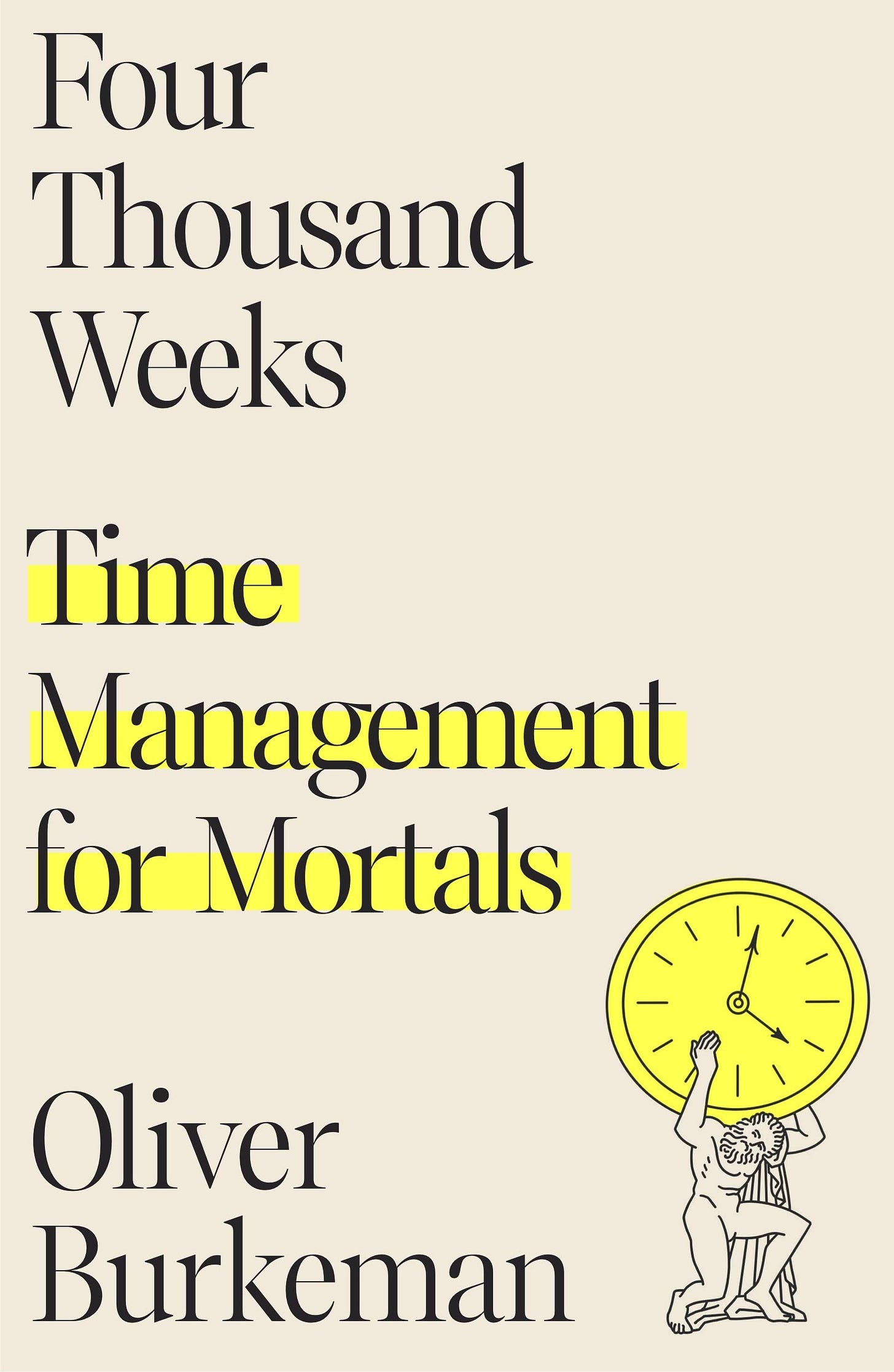I just finished Four Thousand Weeks by Oliver Burkeman. It’s the kind of book that doesn’t just challenge your calendar—it challenges your theology of time.
If you’re like me, the seduction of optimization runs deep. I’ve chased inbox zero, color-coded calendars, Pomodoro blocks. Not because I want to be a machine, but because I thought if I could control time, I could finally earn some ease.
But Burkeman flips that logic on its head.
“The more individual sovereignty you achieve over your time, the lonelier you get.”
That line hit hard. It reminded me of what makes life worth living. Deep relationships, meaningful work, joyful interruptions, which rarely fit neatly in a time block.
As we head into an AI-mature world, this matters more than ever. Tools will keep getting better at shaving seconds off decisions. But if we’re not careful, we’ll optimize our way into isolation. Anxiety will rise not because we don’t have control, but because we were promised that control would make us feel whole.
Here’s the shift I’m holding on to:
Real freedom isn’t perfect self-management. It’s surrendering to the sacred mess of time shared with others.
This book reminded me that the tension isn’t a glitch, it’s a signal. We’re finite. And that finiteness is what makes presence sacred.



